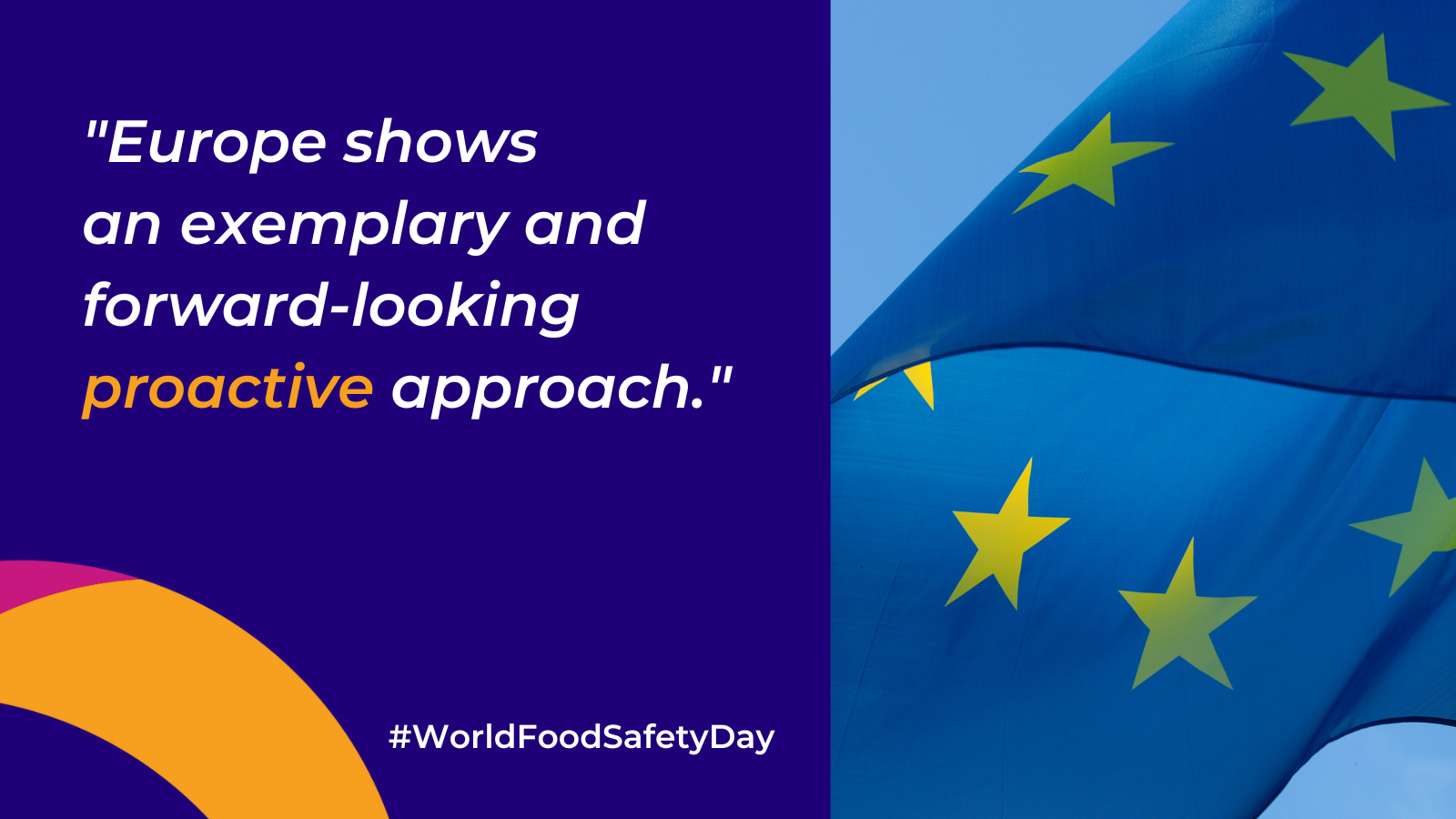
The field of food safety requires a very wide interdisciplinary range of skills, since it covers the most varied categories of chemical and microbiological components combined with the most diverse supply chains, in an increasingly interconnected world.
Chemicals range from natural field or storage contaminants such as mycotoxins (substances produced by fungi during the growth of cereals, fruits and vegetables, depending on the climate and conditions of the plant) to pollutants (for example phytosanitary residues, metals,...) and components that can develop or contaminate food during the transformation processes, including the risks arising from food contact materials. Studying all possibilities to measure them, mitigate them and keep them under control means concretely impacting the sustainability of the entire food system globally.
Focusing on ensuring the safety, but also the traceability and authenticity of food, allows significant reductions in waste, especially when operating with a view to prevention, trying to mitigate risks. The same applies to promoting local economies and the preservation of the agronomic and gastronomic cultures of the territories. It is also clear that control and prevention measures must be adapted to the context: there are regions of the world where sustainability also means finding the right compromise between the level of risk (in terms of contamination, for example) and the benefit of being able to guarantee nutritious foods to an increasingly large population.
I would say that the issue of food safety is a very sensitive one and that consumers should consider themselves protected as a whole. There is a great deal of attention from public bodies, but also from private organisations and supervisory authorities in general. There is great expertise in Italy and in Europe; elsewhere in the world I have not always experienced the same degree of future vision of emerging risks. In this sense Europe shows in my opinion an exemplary and forward-looking proactive approach.
A much less obvious and improved aspect, especially in the context of today’s society and the modern solutions at our disposal, is that of communication. There is a strong risk of misinformation and "fake news" (to keep the language of "social"), but at the same time the effort and desire of “ordinary people” to know and to make themselves informed has also increased. In my opinion, the aspect of food safety-quality-nutrition education should be strengthened from kindergarten. At the same time, training should be encouraged for professionals in the sector, because, in a world where information circulates very quickly everywhere (and, with it, alarmism - justified or not) it becomes essential to know how to communicate in a rational and balanced way at all stages and with different levels of depth.
by Prof. Michele Suman, Barilla G.R. F.lli SpA (Italy)
Member of ILSI Europe Scientific Advisory Committee and Vice-Chair of ILSI Europe’s Food Contaminants Task Force